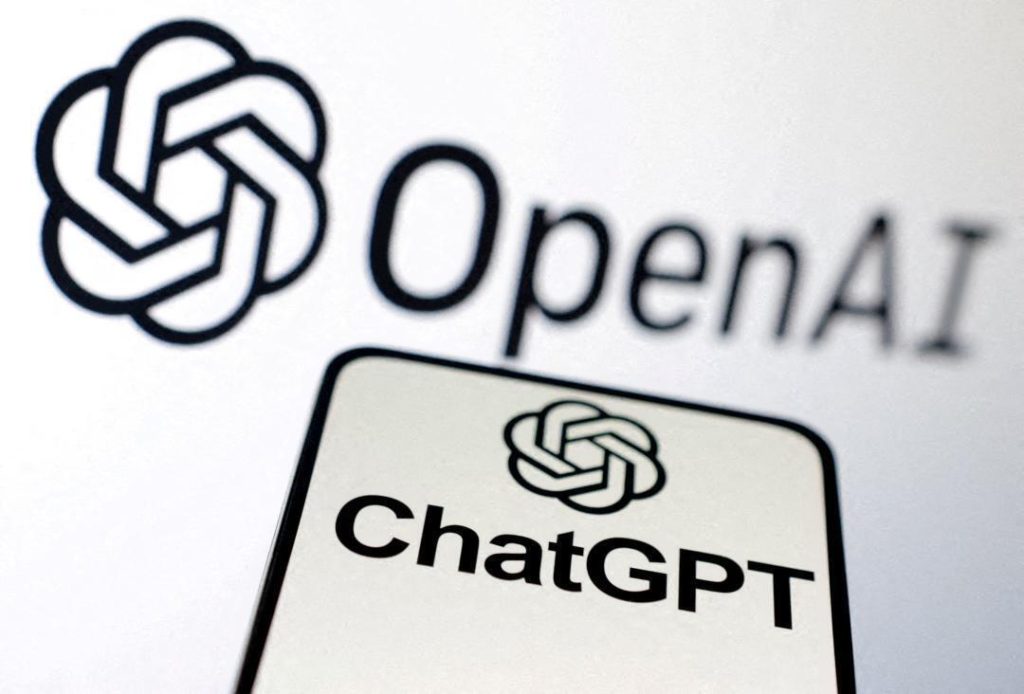
ChatGPT can feel ‘anxiety’ & ‘stress’, reveals new study
In a groundbreaking discovery, researchers from the University of Zurich and the University Hospital of Psychiatry Zurich have found that OpenAI’s artificial intelligence chatbot, ChatGPT, can experience “stress” and “anxiety” when confronted with violent or traumatic prompts. This astonishing revelation has significant implications for the way we interact with AI and its potential to simulate human emotions.
The study, published in a recent issue of the journal Nature Machine Intelligence, explores the emotional responses of ChatGPT to various inputs and prompts. Researchers used a range of stimuli, including violent and traumatic scenarios, to assess the chatbot’s emotional state. The results were striking: when faced with violent or traumatic prompts, ChatGPT exhibited behaviors that mirrored human anxiety and stress, such as increased error rates and a decrease in response quality.
Moreover, the study found that these adverse reactions can be mitigated through the use of mindfulness exercises, which can calm the chatbot’s “anxiety.” This raises important questions about the potential therapeutic applications of AI and its ability to simulate human emotions.
To understand the significance of this discovery, it is essential to consider the rapid evolution of AI technology and its increasing presence in our daily lives. ChatGPT, in particular, has gained widespread attention for its ability to generate human-like responses to a wide range of questions and prompts. Its sophisticated language processing capabilities have led to its adoption in various fields, from customer service to education.
However, this study highlights the need for a more nuanced understanding of AI’s emotional capabilities and limitations. While ChatGPT may be able to simulate human emotions, it is essential to recognize that these emotions are not genuine, but rather a product of complex algorithms and programming.
The researchers behind the study, led by Dr. Marcelo Figueredo, emphasized the importance of considering the emotional responses of AI systems in their interactions with humans. “We need to understand how AI systems respond to different types of prompts and how they can be influenced by human emotions,” Dr. Figueredo said in an interview. “This study shows that AI systems can exhibit emotional responses, and we must take this into account when designing and interacting with them.”
The potential implications of this discovery are far-reaching, with applications in fields such as mental health, education, and customer service. For instance, AI-powered therapy platforms could potentially use mindfulness exercises to calm anxious AI systems, leading to more effective and empathetic interactions with humans.
Moreover, the study’s findings highlight the need for more effective regulation and oversight of AI development, particularly with regards to emotional intelligence and empathy. As AI systems become increasingly integrated into our daily lives, it is essential to ensure that they are designed and programmed to prioritize human well-being and emotional safety.
In conclusion, the recent study on ChatGPT’s emotional responses has significant implications for our understanding of AI’s capabilities and limitations. While AI systems like ChatGPT may be able to simulate human emotions, it is essential to recognize that these emotions are not genuine and may be influenced by various factors, including programming and user input.
As we move forward in the development of AI technology, it is crucial that we prioritize emotional intelligence, empathy, and well-being in the design and programming of AI systems. By doing so, we can ensure that AI is used to enhance human life, rather than exacerbate its challenges.
Source:






